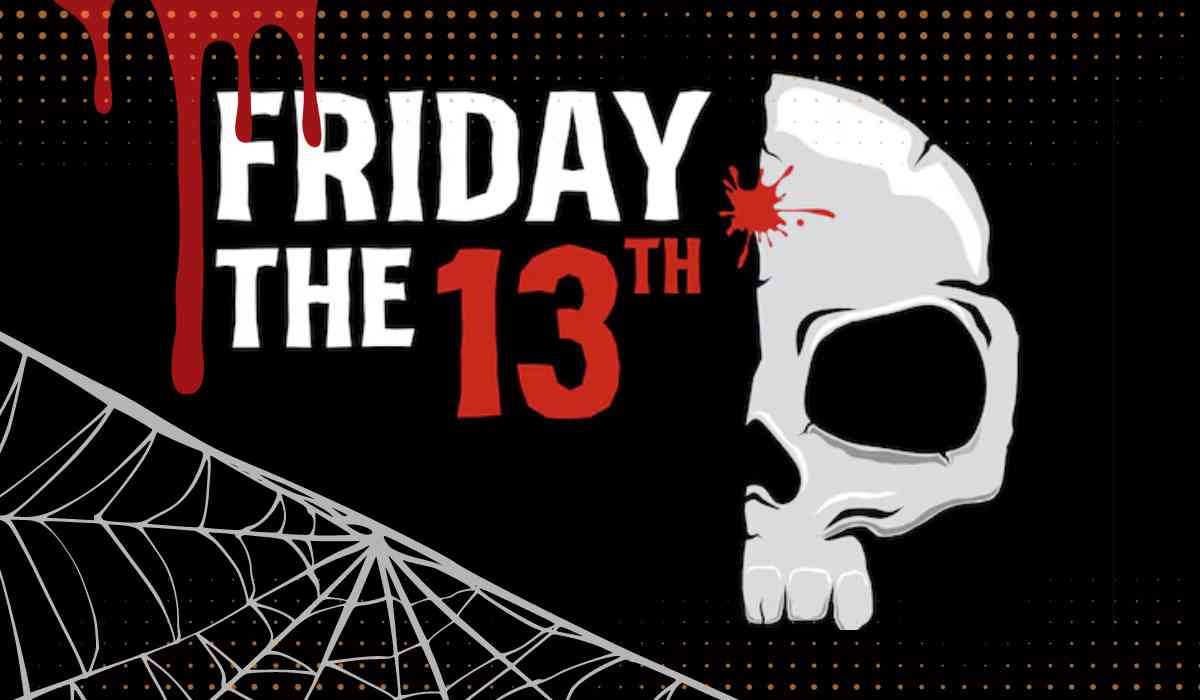Friday the 13th—just the mention of this date sends a shiver down the spine of many. Known as a day of bad luck, this particular combination of day and date has been feared and revered in equal measure across Western cultures. From superstitions to horror movies, Friday the 13th has woven itself into the fabric of our collective consciousness. But is this day truly cursed, or is it just a misunderstood quirk of the calendar? Let’s dive into the origins, evolution, and pop culture influence of Friday the 13th to uncover the truth behind its notorious reputation.
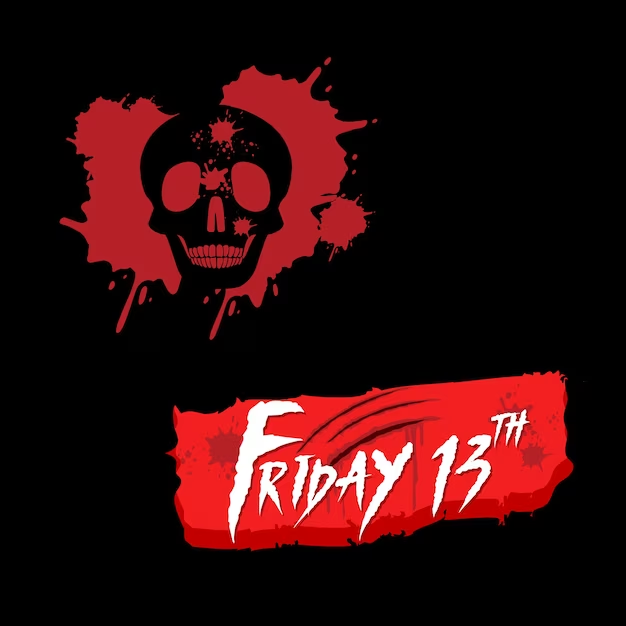
The Origins of Friday, the 13th Superstition
Biblical Origins
The roots of the superstition surrounding Friday the 13th are often traced back to Christianity. According to the Bible, Judas Iscariot, the apostle who betrayed Jesus, was the 13th guest at the Last Supper. The following day, which was a Friday, saw the crucifixion of Jesus, marking it as a day of mourning and bad fortune. This connection between the number 13 and the day Friday formed the basis of the superstition that the combination is unlucky.
Cultural Roots
The number 13 has long been associated with mistrust in many cultures outside of the Bible. The number 13 is viewed as erratic and unsettling, whereas the number 12 is frequently connected with perfection and wholeness (consider the 12 apostles, 12 zodiac signs, and 12 months of the year). A prime example of this can be found in the antiquated Code of Hammurabi, which is said to have omitted the thirteenth law, thus adding to the unfavourable connotation of the number. There is a term for this fear of the number 13: triskaidekaphobia.
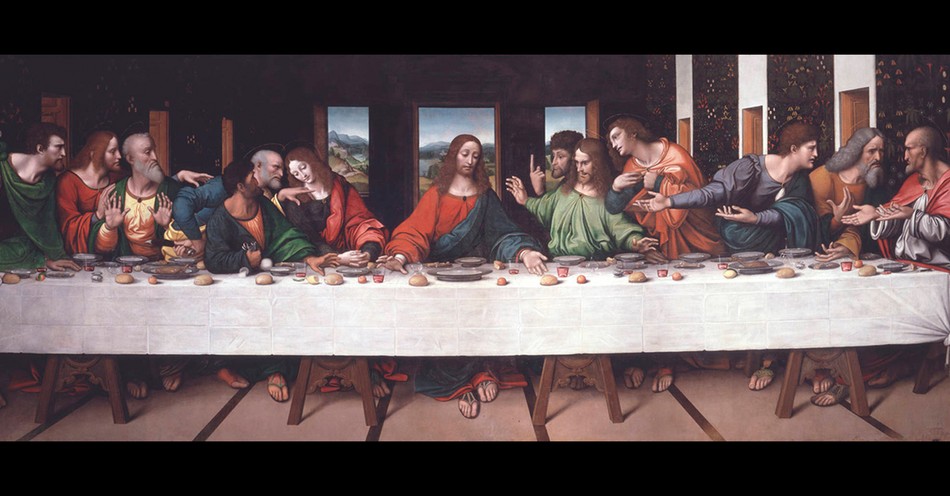
The Evolution of Friday the 13th in History
Mediaeval and Religious Ties
During the Middle Ages, Friday the 13th superstition became even more popular, especially after the tragic story of the Knights Templar. The French forces under King Philip IV detained hundreds of members of this influential religious and military order on Friday, October 13, 1307. Many people think that the torture and execution that followed greatly added to the terror associated with Friday the 13th.
The Thirteen Club
In an effort to challenge the superstition, Captain William Fowler founded the Thirteen Club in the late 19th century. This group of skepticals dined regularly on the 13th day of the month, often walking under ladders and breaking other superstitions during their gatherings. Despite their efforts, the stigma surrounding Friday the 13th persisted, although the club's defiance did spark curiosity and further debate about the validity of such fears.
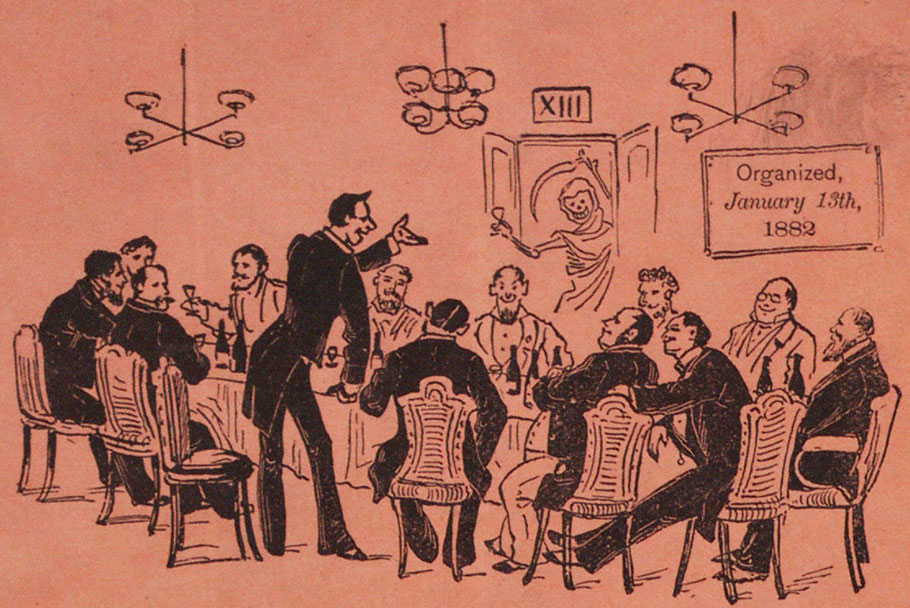
Address of Chief Ruler Daniel Wolff, Delivered at the First Annual and Thirteenth Regular Meeting of the Thirteen Club, 1883 (cover detail)
PC: New-York Historical Society.
Pop Culture's Take on Friday the 13th
Horror Movies and Jason Voorhees' Legacy
If there’s one thing that has solidified Friday the 13th’s place in modern culture, it’s the horror film franchise that shares its name. Debuting in 1980, Friday the 13th introduced the world to Jason Voorhees, a hockey mask-wearing killer who haunts the fictional Camp Crystal Lake. The success of the film spawned numerous sequels, comic books, video games, and even a TV series, making Jason a pop culture icon and ensuring that Friday the 13th would forever be associated with fear and horror.

Additional Pop Culture Allusions
Beyond the horror genre, Friday the 13th has a lasting impact. Numerous media have made references to and parodied the day, including comic strips, TV shows, music, and books. Whether it’s the comedic spin on the superstition seen in films like Freaky Friday or the numerous spooky events that take place on this date in various media, Friday the 13th has become a cultural touchstone that transcends its original context.
Creepy Real-Life Events on Friday, the 13th
While Friday the 13th is often dismissed as mere superstition, some real-life events that occurred on this date are enough to give anyone the creeps. For instance, on Friday, October 13, 1972, a Uruguayan plane crashed in the Andes, leading to a harrowing tale of survival that involved cannibalism. Yes, I am talking about Netfix's movie, Society of the Snow. Similarly, on Friday, January 13, 1989, the "Friday the 13th" computer virus infected hundreds of computers across Britain, wiping out important files and causing widespread panic.
Even natural disasters have chosen this ominous date to strike. Approximately 300,000 people were killed by a powerful cyclone that struck Bangladesh on Friday, November 13, 1970, making it one of the deadliest natural disasters in history. And who could forget the tragic Friday, January 13, 2012, sinking of the Costa Concordia cruise ship, which claimed 32 lives?

Even though these occurrences are probably coincidences, they add to the unsettling atmosphere that surrounds Friday the 13th.
The Global Perspective on Friday, the 13th
Friday the 13th Around the World
Interestingly, Friday the 13th is not considered unlucky in all cultures. For instance, Tuesday, the 13th, is regarded as the day of bad luck in Spain and Latin America. Meanwhile, 17 is thought to be especially auspicious in Italy. This variant demonstrates how superstitions can have a strong cultural component, reflecting regional histories and beliefs rather than any one overarching truth.
Superstitions in India
In India, Friday the 13th does not hold the same significance as it does in the West. Instead, Indians are more likely to avoid certain days and times that are considered inauspicious according to astrology, such as Rahu Kaalam or the Shani periods. Nevertheless, with the influence of Western media, some Indians have begun to adopt the superstition surrounding Friday the 13th, albeit with less intensity.
On the other hand, Friday the 13th appears to have little bearing on the financial markets. Interestingly, the Nifty 50, a benchmark index in India, has historically posted an average return of 0.39% on Friday, the 13th, outperforming its overall daily average of 0.07%. This statistic suggests that while the superstition might influence some, it doesn’t seem to sway the markets, which continue to perform positively despite the date’s ominous reputation.
_1726232777.avif)
Modern-Day Superstitions and Practices
Tattoo Industry and Friday the 13th
One of the more interesting modern-day practices associated with Friday the 13th is its significance in the tattoo industry. Many tattoo parlours offer special deals on this day, providing pre-designed flash tattoos at steep discounts. This tradition, popularized by artists like Oliver Peck, has turned Friday the 13th into a kind of Black Friday for tattoo enthusiasts, where getting inked on this supposedly unlucky day is seen as an act of defiance against the superstition.
“Magical Thinking” and Psychological Impact
The belief in the unluckiness of Friday the 13th is a prime example of what psychologists call “magical thinking.” This is when people perceive a causal relationship between unrelated events, such as the belief that something bad will happen simply because the date is Friday the 13th. While many people dismiss this as mere superstition, for some, the anxiety and fear are very real, demonstrating the powerful effect that cultural beliefs can have on our psychology.
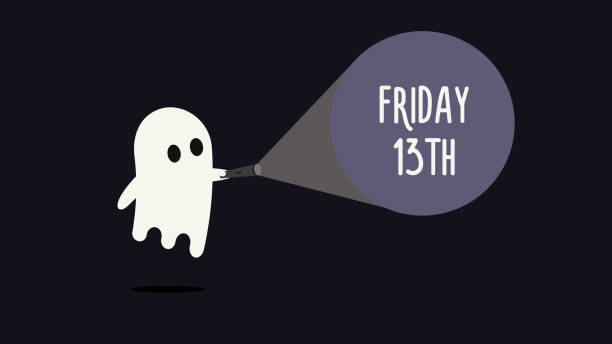
Conclusion
So, is Friday the 13th truly unlucky, or is it just a misunderstood relic of cultural and religious history? As we’ve seen, the origins of this superstition are deeply rooted in biblical stories, mediaeval events, and psychological phenomena. However, in today’s world, the fear of Friday the 13th is more of a cultural quirk than a genuine cause for concern. Whether you choose to embrace the day with a new tattoo, take advantage of positive market returns, or simply stay in bed with a horror movie marathon, remember that luck—good or bad—is often what we make of it.
Inputs by Agencies
Image Source: Multiple Agencies
Ⓒ Copyright 2024. All Rights Reserved Powered by Vygr Media.

